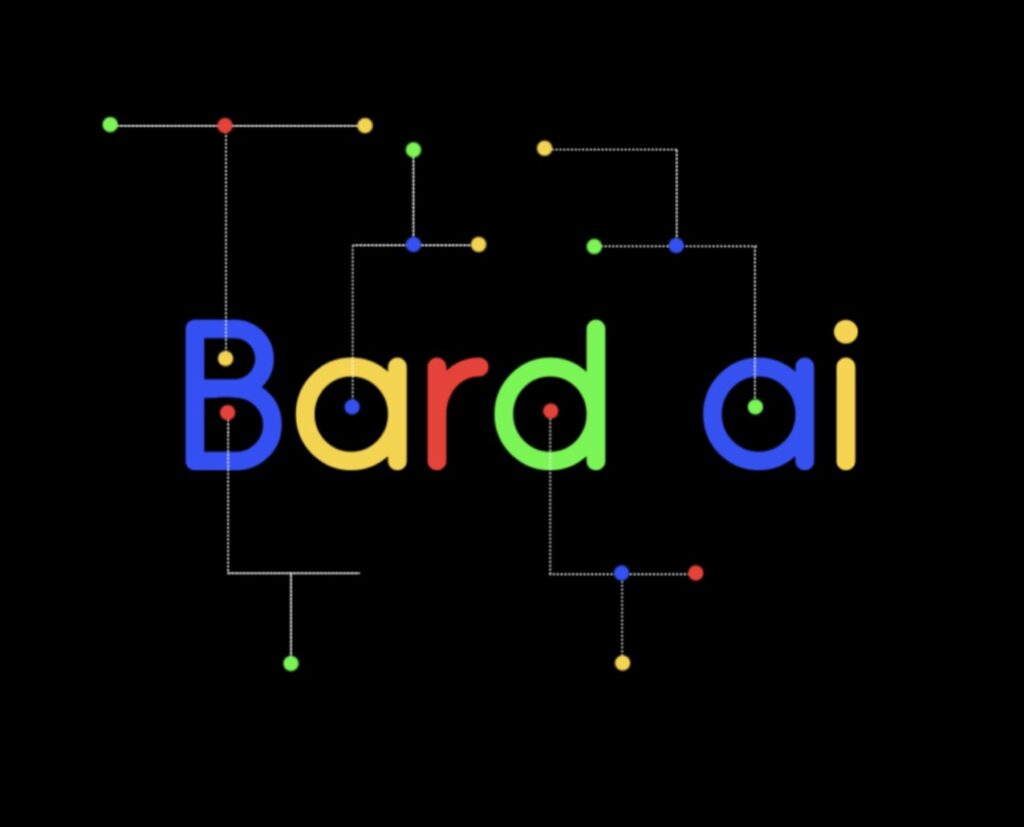
Famous search engine Google announced its latest AI tech named Bard AI. According to experts it is tested on trusted users in the company. It may challenge the newly hyped ChatGPT in the future.
Google on Monday announced an artificial intelligence chatbot technology called Bard that the company will begin rolling out in the coming weeks. Bard will compete directly with rival ChatGPT, an AI service created by OpenAI. Google will also release its Generative Language API for developers in the coming weeks. Which is an exciting new direction for the world of AI programming.
Bard AI is powered by the company’s large language model LaMDA or Language Model for Dialogue Applications. Google will open up the conversation technology to “trusted testers”. Ahead of making it more widely available to the public, the company said in a blog post-Monday.
“Soon, you’ll see AI-powered features in Search that distill complex information and multiple perspectives into easy-to-digest formats. So you can quickly understand the big picture and learn more from the web. Whether that’s seeking out additional perspectives, like blogs from people who play both piano and guitar. Or going deeper on a related topic, like steps to get started as a beginner,” wrote CEO Sundar Pichai.
The company gave an example of using Bard to simplify complex topics. Like explaining new discoveries from NASA’s James Webb Space Telescope to a 9-year-old.
Both technologies can distill complex information and multiple perspectives into easy-to-digest formats. But the most apparent difference is Bard’s ability to include recent events in the responses.
Also See: ChatGPT sprints to one million users in just 5 days
Though not immediately clear how the two services will differ. Alphabet’s Bard will certainly have access to more data. Bard draws on information from the internet, while ChatGPT has access to data until 2021.
The announcements come as a cabal of AI products have found mainstream success, headlined by OpenAI. Microsoft’s partnership has come to the tune of at least $1 billion invested already into OpenAI, and a reported further $10 billion investment commitment that values the San Francisco-based company at $29 billion.
